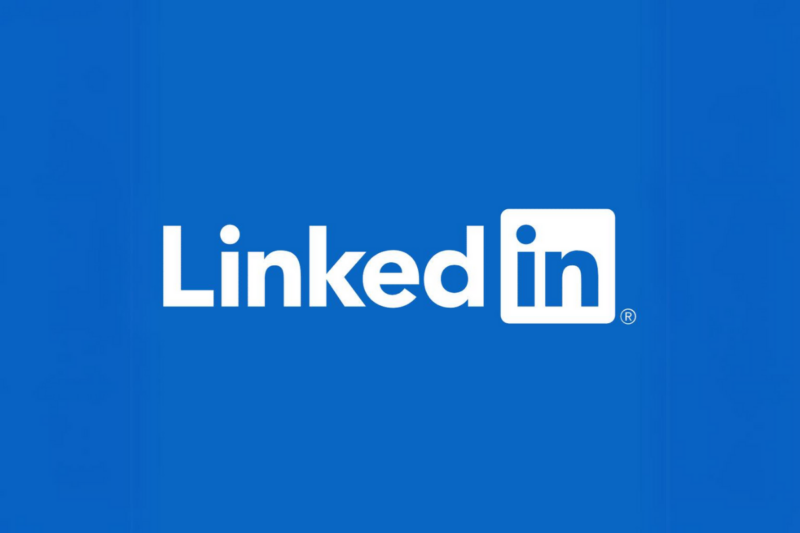LinkedIn, owned by finds itself at the heart of a scandal scandal after receiving a record fine of 310 million euros imposed by the European Union for violating the General Data Protection Regulation (GDPR). This sanction follows a complaint filed in 2018 by the French association La Quadrature du Net, denouncing the illegal exploitation of users’ personal data.
How will LinkedIn react to this decision? What impact will this have on its business model, and on the tech industry in general? Dive into the details of this case, which could well redefine the rules of the game for tech giants!
LinkedIn sanctioned: a record fine for non-compliance with RGPD
Professional social network LinkedIn, owned by Microsoft, has been fined 310 million euros by the European Union for violation of the General Data Protection Regulation (RGPD). This decision follows a complaint filed in 2018 by the French association La Quadrature du Net, which accused LinkedIn of illegally exploiting users’ personal data. The Irish Data Protection Commission, in charge of the investigation, found that user consent was neither free nor sufficiently informed.
La Quadrature du Net has highlighted questionable practices such as the use of pre-checked boxes and the implicit acceptance of the conditions of use by simply continued use of the services. These practices violate the RGPD, introduced in 2018 to protect European consumers. LinkedIn has responded by affirming its commitment to the RGPD while working to align its practices with the Irish regulator’s requirements. This case highlights the persistent challenges in regulating tech giants when it comes to protecting personal data.
🚨 LinkedIn fined €310m for violating the General Data Protection Regulation (GDPR)!
🇪🇺 The Irish authority ruled that users’ consent for data collection 📊 was not freely given.
Microsoft, owner of… pic.twitter.com/nQGNyVm280
– Experts Informatique FR (@expertsinfofr) October 25, 2024
LinkedIn’s practices contrary to the RGPD
LinkedIn has been criticized for the use of pre-checked boxes and clauses stipulating that the mere continued use of its services amounted to tacit acceptance of the terms of use. These practices were deemed to be non-compliant with the RGPD, because they do not guarantee users’ free and informed consent.
Indeed, the RGPD requires that consent must be explicit and specific which LinkedIn failed to meet. This case highlights the challenges faced by tech giants in complying with data protection regulations.
Implications for LinkedIn and the tech industry
This case highlights the need for LinkedIn to review its methods of collecting user consent in order to comply with the RGPD. Criticism of the Irish authority’s slow procedures highlights persistent challenges in the effective application of the regulation. For LinkedIn, this means a complete overhaul of its practices, including the elimination of pre-checked boxes and improving transparency to users.
Beyond LinkedIn, this decision could have repercussions on other technology companies that rely on the monetization of user data. The growing pressure to adopt more ethical and transparent business models could prompt these companies to rethink their strategies. This raises crucial questions about the future of business practices based on the exploitation of personal data, requiring rapid adaptation to new regulatory standards.


